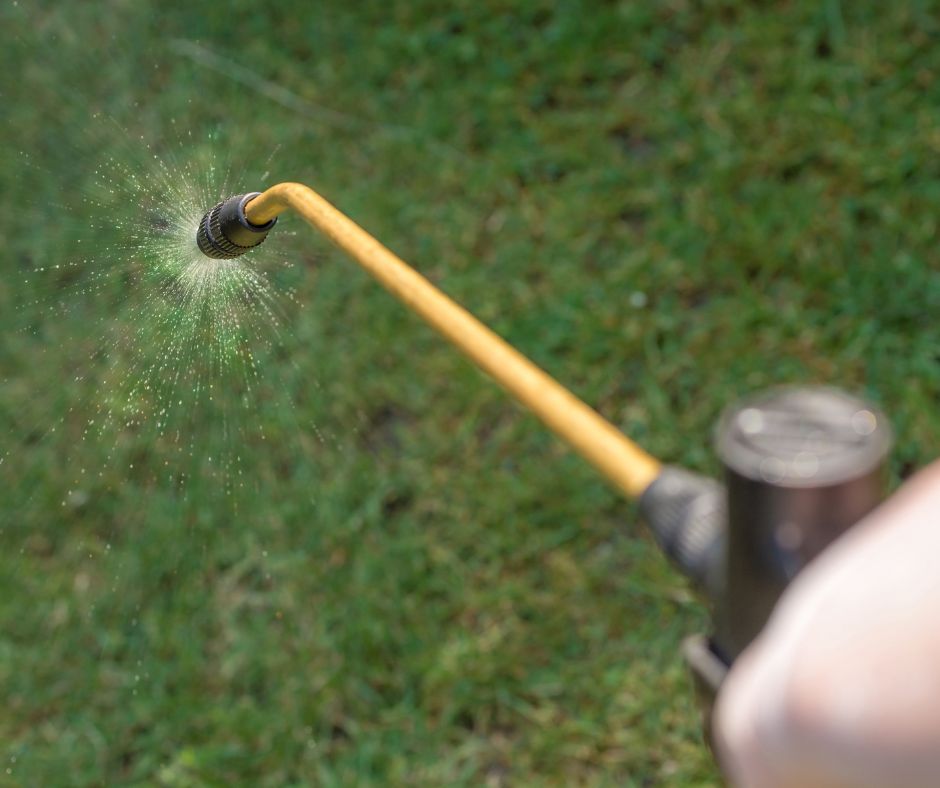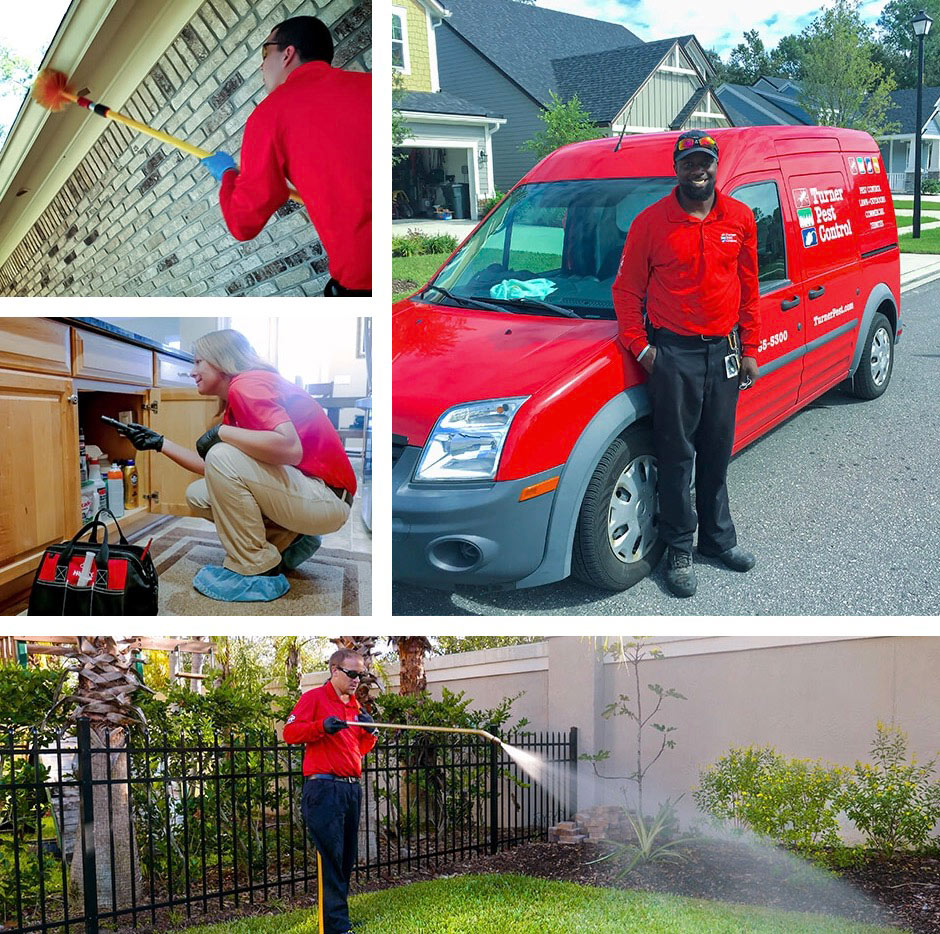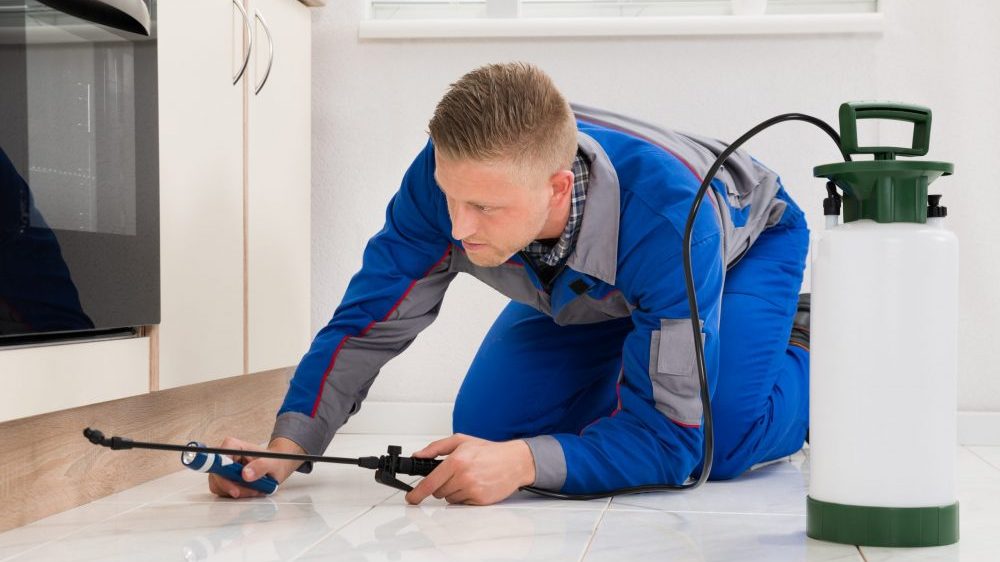Top-Quality Pest Control in Charlotte County FL
Top-Quality Pest Control in Charlotte County FL
Blog Article
Comprehensive Overview to Comprehending Parasite Control Techniques and Their Treatment
Understanding parasite control methods is essential for effective administration of unwanted microorganisms that pose risks to wellness, agriculture, and building. What variables should be considered when selecting the appropriate pest control technique for a details circumstance?
Review of Insect Control Approaches
Parasite control methods encompass a selection of techniques designed to manage and get rid of undesirable organisms that can damage human health, agriculture, and home. Efficient bug management is crucial for maintaining the honesty of ecosystems and guaranteeing the security of food products. These techniques can be generally categorized into three primary techniques: social, mechanical, and organic controls.

Cultural control includes changing farming techniques or ecological conditions to lower parasite establishment and reproduction. This method consists of crop turning, hygiene, and choosing pest-resistant plant ranges. Mechanical control relies upon physical barriers or gadgets to prevent pest accessibility or straight eliminate them. Instances include catches, nets, and hand-picking unsafe insects.
Organic control uses all-natural predators, bloodsuckers, or virus to control pest populations. This approach stresses environmental balance and can include introducing useful pests, such as ladybugs or predacious nematodes, to take care of parasite existence.
Integrated bug administration (IPM) incorporates these techniques, making use of an all natural technique that stresses avoidance, tracking, and responsible administration. By employing a mix of these methods, bug control can be a lot more sustainable and reliable, lessening dependence on chemical interventions while protecting human health and the setting.

Chemical Bug Control Solutions
A selection of chemical pest control solutions are readily available, offering reliable options for handling bug populations when various other techniques may drop brief. These remedies mostly consist of pesticides, herbicides, fungicides, and rodenticides, each designed to target certain parasites while minimizing harm to non-target organisms.
Insecticides are especially effective against a range of insects, including ants, cockroaches, and termites, and can be classified as get in touch with or systemic representatives. Get in touch with insecticides kill insects on call, while systemic insecticides are soaked up by plants, making them toxic to pests that prey on them. Herbicides are utilized to manage unwanted greenery, whereas fungicides are important for handling fungal diseases that can harm plants and decorative plants.
Rodenticides, developed for rodent control, are readily available in various formulas, consisting of lures and tracking powders. It is critical to follow label directions diligently to ensure security and efficacy. In addition, incorporated insect administration (IPM) concepts ought to be used, incorporating chemical services with cultural, mechanical, and biological methods for lasting pest control. This holistic strategy not just enhances pest management performance however also reduces possible environmental effects connected with chemical use.
Organic Pest Control Strategies
Biological pest control strategies use an eco-friendly choice to chemical methods by using all-natural predators, parasites, or microorganisms to manage bug populations. This approach leverages the environmental partnerships between microorganisms, promoting a well balanced ecosystem while reducing chemical residue in the setting.
One of the most common biological control approaches involves the introduction of natural adversaries. For example, ladybugs are employed to manage aphid populations, while parasitical wasps can target caterpillars and other insects. These all-natural predators successfully decrease pest numbers without harming valuable pests.
In addition, microbial agents such as germs, fungi, and viruses are made use of to infect and kill certain insects. Bacillus thuringiensis (Bt), a naturally occurring bacterium, is extensively utilized to regulate caterpillars and other larvae, showcasing the performance of microbial bug control.

Physical and Mechanical Approaches
Regularly utilized in incorporated bug management strategies, physical and mechanical approaches act as effective tools for regulating parasite populaces a knockout post without using chemicals. These methods depend on physical obstacles, catches, and other mechanical devices to avoid or get rid of pests, making them ecologically friendly choices.
Physical techniques include the use of barriers such as insect netting, screens, or row covers that literally obstruct bugs from accessing plants. This is particularly valuable in farming setups where plant security is crucial. Furthermore, environment control, such as eliminating debris and standing water, can lower parasite breeding websites, consequently minimizing problems.
Mechanical techniques include traps, which can be developed to catch certain pests. Sticky traps and scent traps are typical instances that draw and maintain pests, helping with surveillance and control. Vacuuming is another mechanical technique, efficient for eliminating bugs from interior settings, specifically in situations of infestations.
Preventative Pest Monitoring Strategies
Effective preventative parasite management techniques are vital for preserving healthy and balanced atmospheres and lessening pest-related concerns prior to they develop (Pest Control in Port Charlotte, FL). These methods focus on proactive actions that reduce the probability of pest problems by attending to the source

Another vital method entails correct landscaping techniques (Pest Control in Port Charlotte, FL). Maintaining plant life trimmed and away from buildings read the article can lower harborage locations for parasites. In a similar way, applying integrated pest monitoring (IPM) techniques that include checking parasite populaces and employing a knockout post organic controls can promote a balanced ecological community that naturally suppresses pest numbers.
Education and learning and training for team and locals on recognizing very early signs of pest task are likewise essential components of a reliable preventative program. By promoting an atmosphere of understanding and watchfulness, companies and property owners can considerably enhance their bug management initiatives and safeguard their rooms versus future problems.
Conclusion
Utilizing an Integrated Bug Management (IPM) structure permits for the sustainable monitoring of pests while reducing ecological effect. Inevitably, a detailed understanding of these diverse insect control strategies is essential for attaining effective outcomes in parasite management campaigns.
Report this page